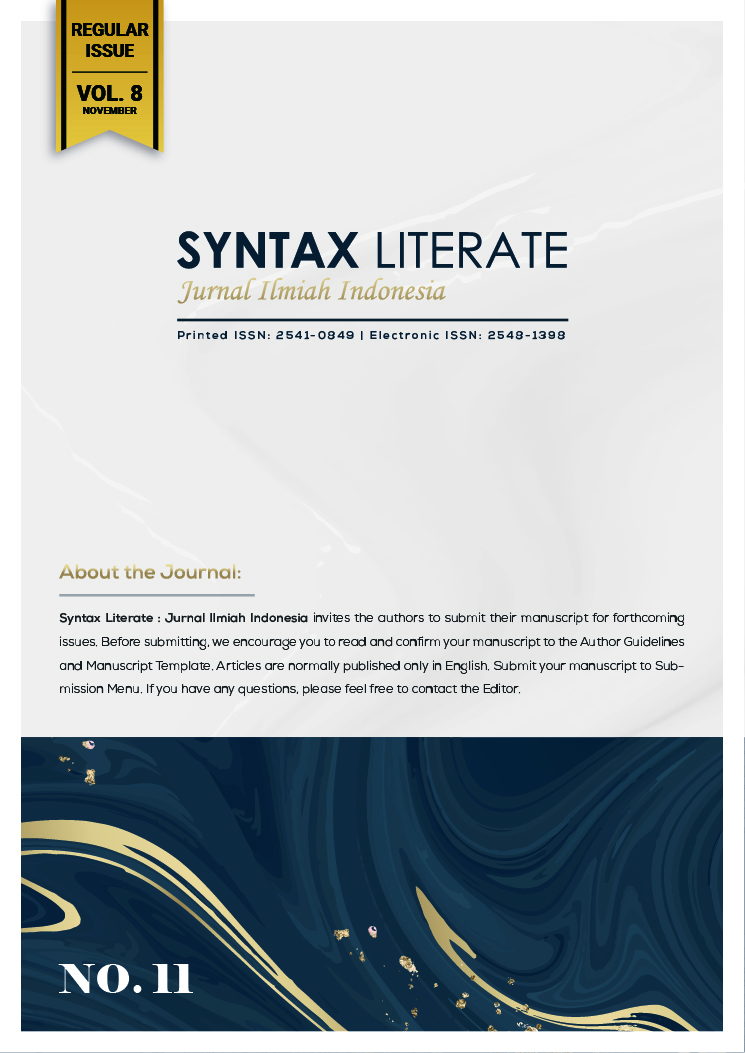Hubungan Toksisitas Timbal (Pb) dalam Darah dengan Hemoglobin (Hb) pada Mekanik Bengkel Motor di Purwokerto
Abstract
The development of transportation technology has resulted an increase of public need for economic activities in the form of vehicles. This condition causes an increase in the number of workshops to repair and maintain vehicles. Workshop activities result in waste containing lead (Pb) such as used lubricating oil (oil), gasoline, and used batteries. Lead is a heavy metal that is classified as a Hazardous and Toxic Material (B3). It can be toxic to the human body when it binds to erythrocytes, it will also inhibit heme synthesis which results in decreased production of hemoglobin (Hb). The objective of this study was to determine the correlation between blood lead (Pb) levels and hemoglobin in motorcycle workshop mechanics in Purwokerto. The type of this research is analytic observational using a case control study research design with a sample of 15 respondents obtained using purposive sampling method. The examination of metals in the blood using the Atomic Absorption Spectrophotometer (AAS), while hemoglobin using a Hematology Analyzer (HA). The results of the study indicated that low lead levels were 0 g/dl and the high lead levels were 7.7 g/dl., while low hemoglobin levels were 12.7 g/dl and high lead levels were 16.2 g/dl. The results of the analysis using the correlation spearmen test obtained a significant value (p) = 0.833 and a correlation value (r) = 0.060. The conclusion is that Ho is accepted, so there is no correlation between blood lead levels and hemoglobin levels in motorcycle workshop mechanics in Purwokerto
Downloads
Copyright (c) 2023 Fu’ad Minan Zuhri, Kurnia Ritma Dhanti

This work is licensed under a Creative Commons Attribution-ShareAlike 4.0 International License.











